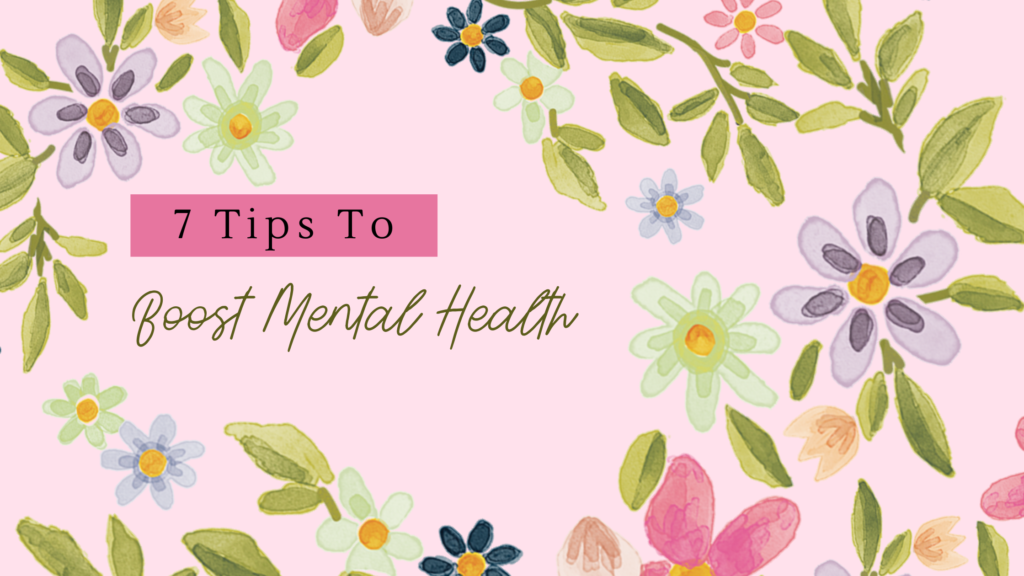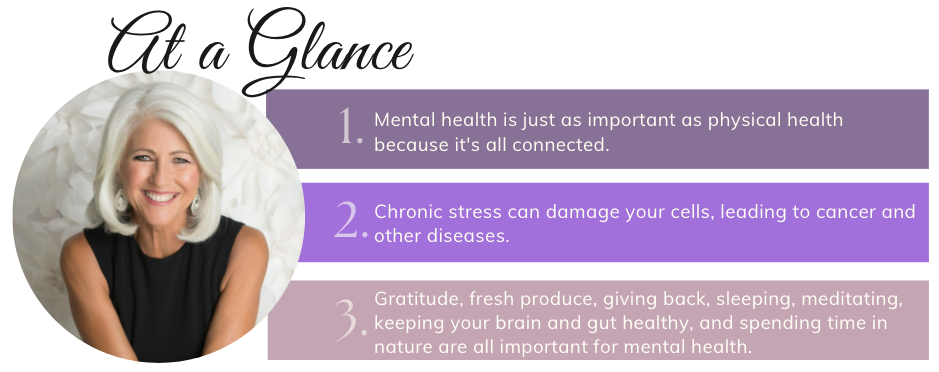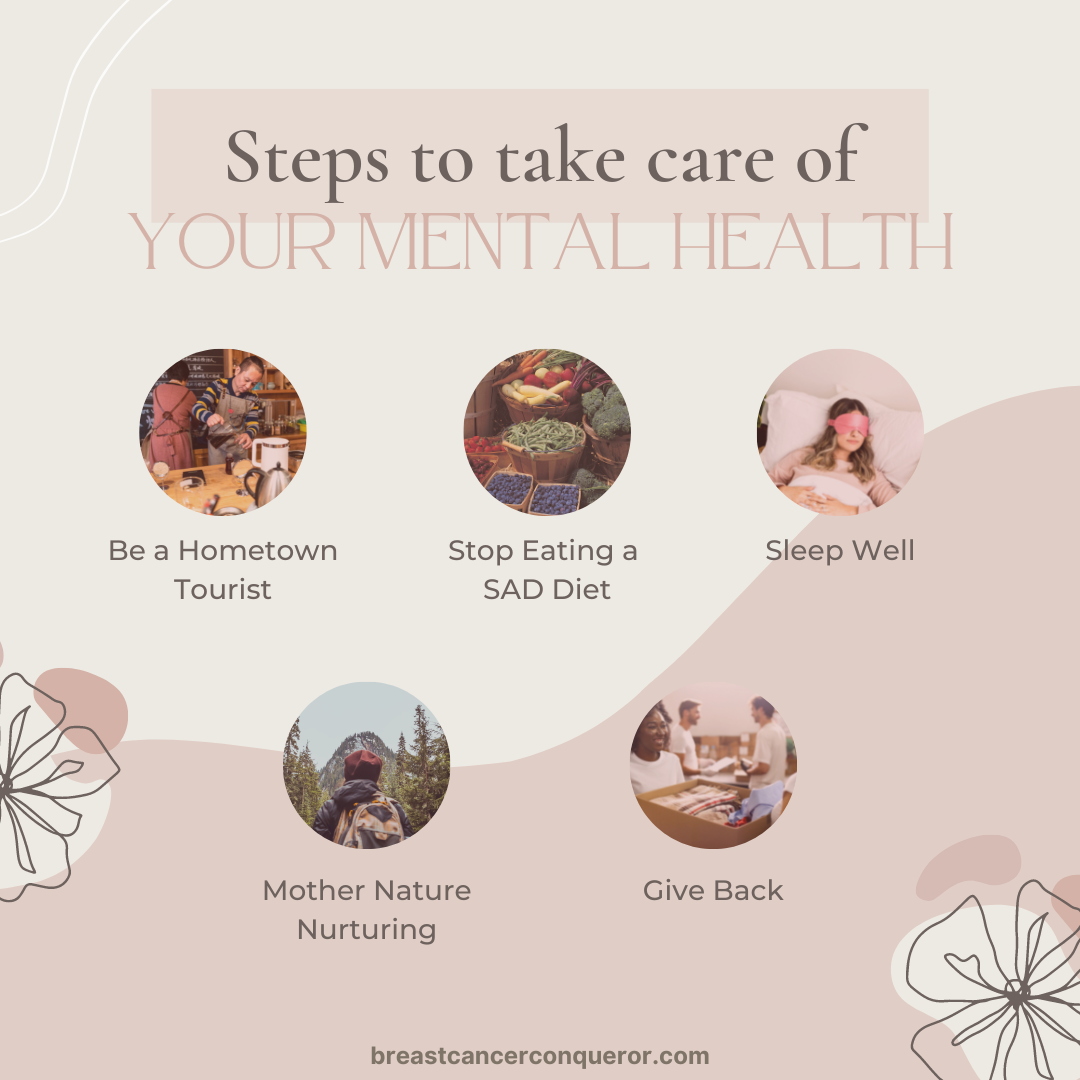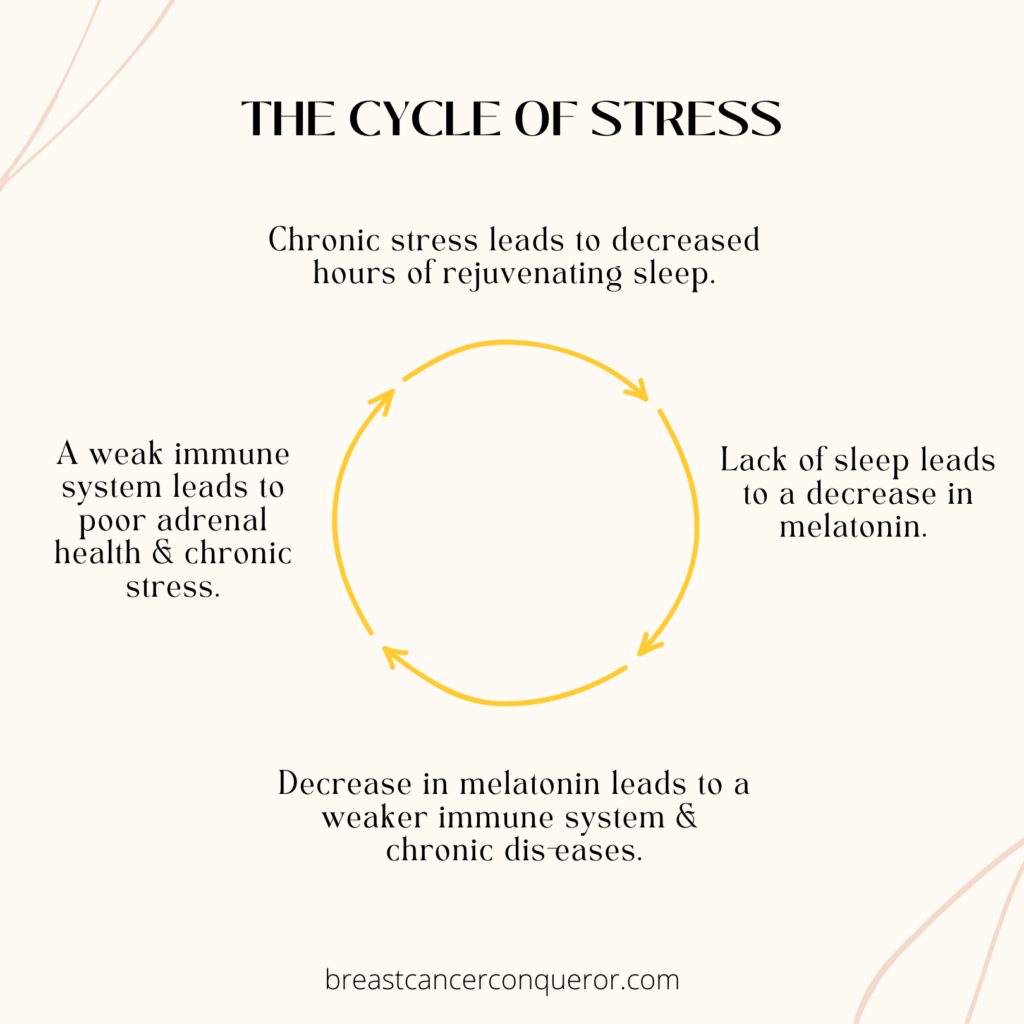

Our mind, our emotions, and the physical parts of our body do not live in their own silos. Mental health is just as important as physical health because it’s all connected. For example, chronic stress can damage your cells, leading to cancer and other diseases.
Just like the brilliant 13th-century poet Rumi said, “You are not a drop in the ocean, you are the ocean in a drop.” All aspects of your body live in every drop of your beautiful, brave, and brilliant self!
To get scientific, emotional, and mental health are directly connected to your immune system. This is because your DNA contracts and relaxes in response to your moods and thoughts.
Studies are now finding that “The immune system consists of a complex biological and psychological network designed for fighting against infections and to protect the body from pathogen factors, including the internal ones.”
In the past, inflammation and infectious diseases were thought to be genetic issues and biological functioning of the body. Thanks to Psychoneuroimmunology and Epigenetics, we know that you DO have control over your health. Your DNA is not your destiny.
But with great power comes great responsibility.
When your body is “at ease,” it can function at optimal levels and maintain health. However, when it is not at ease because of unresolved tensions and stress, it will manifest “dis-ease.”
The Immune System + Mental Health Connection
In real life, the risk of depression is high in different disorders with an inflammatory component: diabetes, cardiovascular disease, infections, autoimmune disorders, and metabolic syndrome.
This is because studies have found “Two important pathways correlate the brain and the immune system: The autonomic nervous system (ANS) through the direct neuronal circuits and the neuroendocrine pathway through the pituitary gland. ANS works by three components: the sympathetic (fight and flight) and parasympathetic (rest and digest) systems, which originate in the central nervous system (CNS), and in the enteric system, which is located in the wall of the gastrointestinal tract.” Put simply, when the body, gut, and brain are inflamed, they can’t work properly.
Therefore, what you do for your physical health helps your mental health, and what you do for mental health helps your physical health—it is all one nurturing symbol of love!

7 Tips To Boost Mental Health
Below are a few things that work for me. However, every person reacts to experiences in a unique way. Explore, discover, and find what works for you—even if that “thing” changes as you do!
Gratitude.
This one takes only a few minutes but has a profound impact on your day. Before going to sleep and again getting out of bed—say out loud two things that you are grateful for. One could simply be that you got another day to live! Another could be having fresh peaches on your kitchen counter to enjoy. Starting and ending your day with gratitude will change your perspective on everything else in your world—and how your immune system functions.
“The practice of gratitude can have dramatic and lasting effects in a person’s life,” said Robert A. Emmons, professor of psychology at UC Davis and a leading scientific expert on the science of gratitude. “It can lower blood pressure, improve immune function and facilitate more efficient sleep.
Be a tourist in your town.
Explore a new hiking path, see a performance, smell (like really do it) the flowers in your neighborhood or a nature center, check out a cute shop, and get to know the owner’s story. Appreciating the little things and the place close to home will give you a renewed sense of wonder, trust, and beauty.
Stop eating a S.A.D. diet.
The Standard American Diet literally makes you sad. Processed foods (if something can last for week-don’t eat it!), sugar (did you know the BBQ sauce is full of sugar?!), refined grains (GMO white pasta and bread), deli meats, palm oil/Palmitic Acid (blue cheese, prime rib, etc.), artificial sweeteners, etc. are all making us mentally, emotionally, and physically sad—and spreading cancer cells.
Instead, eat delicious anti-cancer foods such as berries and broccoli, sip matcha tea, and get creative with a few cancer-kicking recipes!
Find purpose & give back.
Countless studies have found that volunteering increases one’s life satisfaction and overall mental health. The National Alliance on Mental Health (NAMI) advocates volunteering to find purpose and community, which also results in better mental health.
Slow down & sleep.
Adrenal health, melatonin, and sleep may not be words that come to mind when people think about their mental health, immune system, and being a breast cancer conqueror. However, they are all connected and have a domino effect once put in place. Here’s an excellent blog post to help you catch those healing ZZZZs.
If I know anything to be true—when I don’t sleep well, everything is overwhelming, depression can creep in, and I’m not the person I want to be! However, the reverse is also true. When I sleep well, I can handle what comes my way, and I am all around happier and stronger.

Keep your brain & gut healthy.
About 80% of your immune system lives in your gut. However, did you know that your gut also acts like a second brain?! It directly connects to your brain via the vagus nerve. Ever experienced “butterflies in your stomach?” What about literally stomach pains from food poisoning or being super hungry?
There are about 500 million neurons in your gut that communicate directly to your brain, and about 95% of serotonin is produced in your gut. Therefore, if your brain isn’t healthy, your gut isn’t healthy—and vice versa! To learn more, please read these blogs on gut health and parasites, as well as this blog post on brain functionality.
Be nurtured by mother nature.
Wiggle your toes in the sand, hike a mountain, hold a flower, float in water, and feel the warmth of the sun on your skin. Nature nurtures. This is why Japanese doctors have started to prescribe “forest bathing” to lower stress and boost healing responses. In our busy, concrete worlds, being intentional about making time to spend in nature is essential! Here’s an invigorating blog post on the science behind why nature is necessary for mental health and happiness!
In nature, nothing is perfect and everything is perfect. Trees can be contorted and bent in weird ways, and they’re still beautiful. (Just like you!!) –Alice Walker
